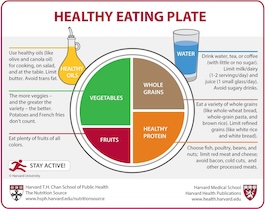Low vitamin D levels are known to be associated with poor health outcomes or increased risk in many diseases including cardiovascular disease, diabetes, and some cancers.
In a new study published in the Journal of Oncology, researchers investigated whether the plasma level of vitamin D after a diagnosis of colorectal cancer (CRC) has a significant impact on survival outcome. The Scottish research team analyzed data from 1,598 adults who had undergone surgery for stage I-III colorectal cancer. Blood samples were taken after surgery and evaluated for vitamin D and for a specific Vitamin D gene receptor.
When compared to the patients with the lowest one-third of vitamin D levels, the patients whose vitamin D levels were in the top one-third of subjects had a significantly lower (32%) risk of dying of CRC and a 30% lower risk of dying from any cause during the 5 year follow-up period. In patients with stage II CRC, those in the top one-third of vitamin D levels experienced a 56% reduction in mortality.
The researchers found interactions between vitamin D levels and specific type of vitamin D gene receptor, indicating a causal relationship between vitamin D and survival.
This study shows that in patients with stage I-III colorectal cancer, higher post-surgery vitamin D levels are associated with a better outcome and a lower risk of mortality. Since this was an observational study, carefully designed clinical trials are still needed to confirm whether vitamin D supplementation would provide survival benefits for patients with colorectal cancer.
Zgaga L Plasma Vitamin D Concentration Influences Survival Outcome After a Diagnosis of Colorectal Cancer. J Clin Oncol. 2014 Jul 7. pii: JCO.2013.54.5947. [Epub ahead of print]
We use cookies on our website to give you the most relevant experience by remembering your preferences and repeat visits. By clicking "Accept" you consent to the use of all the cookies.

 Español
Español










